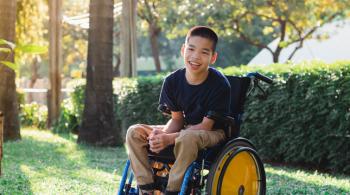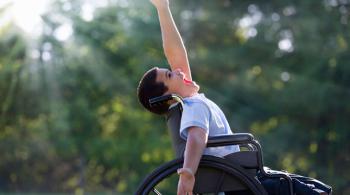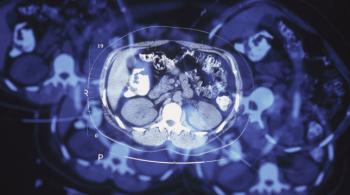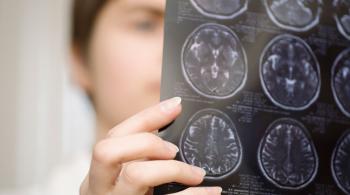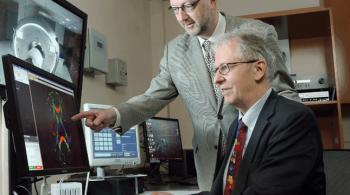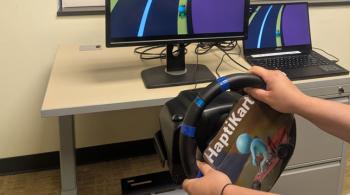Findings suggest motor control may be a biomarker that could be targeted by the mindful movement intervention to improve behavior in children with ADHD
BALTIMORE (April 21, 2020) — Attention-deficit/hyperactivity disorder (ADHD) is a highly prevalent neurodevelopmental disorder affecting between 8-10 percent of school-age children. In a recent study published in the Journal of Developmental & Behavioral Pediatrics, Stewart H. Mostofsky, M.D., director of the Center for Neurodevelopmental and Imaging Research at Kennedy Krieger Institute, and Karen E. Seymour, Ph.D., assistant professor of Psychiatry and Behavioral Sciences at Johns Hopkins University School of Medicine, found that a mindful movement (Tai-Chi)-based training intervention was associated with significant improvements in school-age children with ADHD and improved their ability to regulate hyperactive, impulsive and inattentive behavior. Findings suggest that motor control may be a biomarker that could be targeted by mindful movement intervention to improve behavior in children with ADHD.
“The findings from this study provide support for a promising new avenue of behavioral intervention for children with ADHD and related difficulties, with mindful movement practice associated with improved ability to control attention and behavior. Crucially, the findings also suggest that mindful movement intervention contributes to parallel improvements in motor control, such that motor examination might serve as a valuable biomarker, helping to monitor response to this promising intervention,” said Mostofsky.
Participants ages 8-12 years engaged in an eight-week mindful movement intervention with two 60-minute classes per week. Pre- vs. post-treatment ADHD symptoms were assessed using highly validated parent-ratings. In addition, motor control was assessed using an established objective examination of developmental motor signs. Following the intervention, children showed significant reductions in core ADHD symptoms of hyperactivity, impulsivity and inattention, as well as improvements in associated oppositional-defiant and executive behavior. Children also showed significant improvements on objective measures of motor control. Importantly, there was a robust correlation between these findings, such that the children who showed the largest improvements on motor examination also showed the largest improvements in parent ratings of ADHD behavior.
There have been very few prior studies of mindfulness interventions for children with ADHD, and those prior studies relied exclusively on subjective outcome measures based on self- or parent-report. The findings from this study, revealing improvements in objective measures of motor control that parallel improvements in attention and behavior, provide crucial support for the potential for mindful movement practice for children with ADHD and related difficulties.
An important next step will be to conduct a follow-up clinical trial with a control condition to ensure that efficacy is specific to the mindful movement intervention.
This study was funded by a National Institute of Mental Health (NIMH) grant, R21 MH104651 entitled, "Movement-Based Mindfulness Training for Children with ADHD: A Feasibility Study.
About Kennedy Krieger Institute:
Kennedy Krieger Institute, an internationally known, non-profit organization located in the greater Baltimore/Washington, D.C. region, transforms the lives of more than 25,000 individuals a year through inpatient and outpatient medical, behavioral health and wellness therapies, home and community services, school-based programs, training and education for professionals and advocacy. Kennedy Krieger provides a wide range of services for children, adolescents and adults with diseases, disorders or injuries that impact the nervous system, ranging from mild to severe. The Institute is home to a team of investigators who contribute to the understanding of how disorders develop, while at the same time pioneer new interventions and methods of early diagnosis, prevention and treatment. Visit KennedyKrieger.org for more information about Kennedy Krieger.





